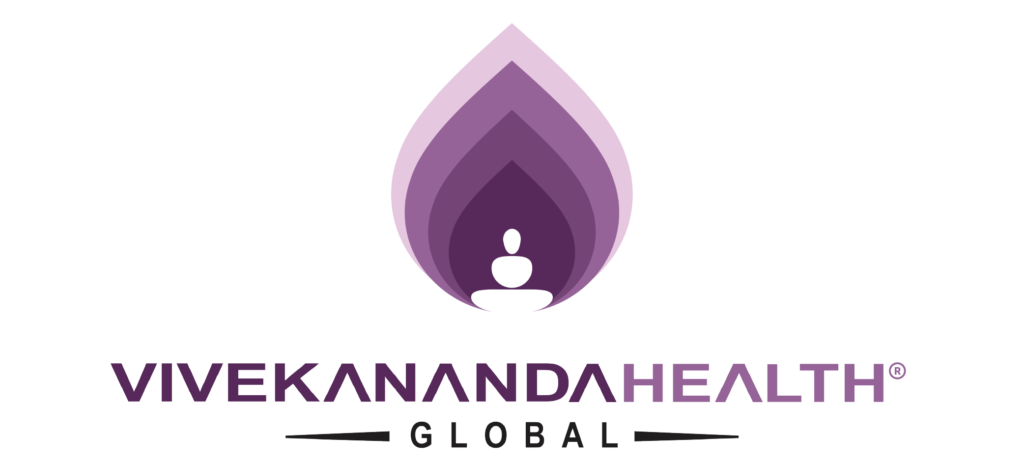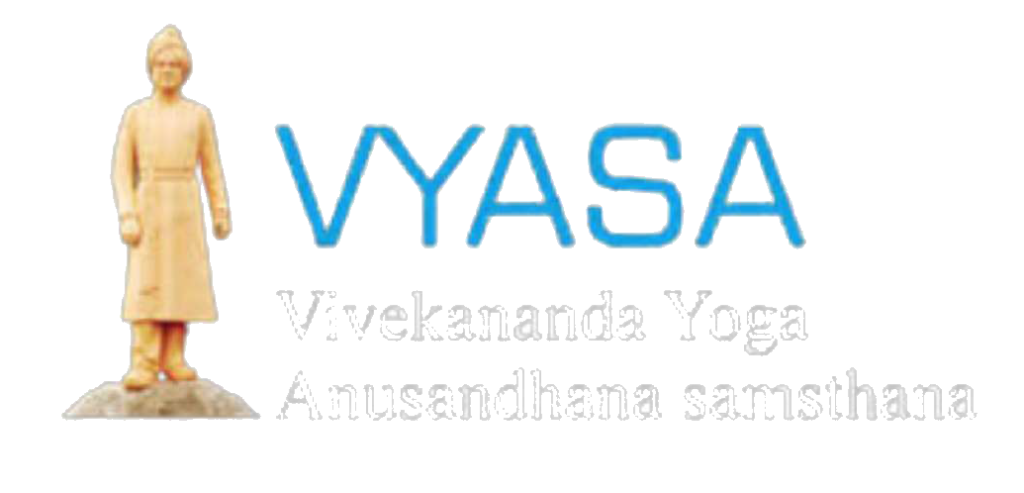PCOS, or Polycystic Ovary Syndrome, is a metabolic disorder characterized by hormonal imbalances in women during their reproductive years (between ages 21 and 51). Elevated levels of male hormones can lead to skipped menstrual periods, irregular ovulation, difficulty in conceiving, abnormal hair growth on the body and face, and an increased risk of long-term complications like heart disease and diabetes.
Many women may have PCOD or PCOS without being aware of it. The condition manifests through a range of PCOS symptoms that affect ovulation and the ovaries, including ovarian cysts, elevated levels of male hormones, and irregular or skipped menstrual periods. With the assistance of fertility treatments to enhance ovulation, women with PCOS can get pregnant.






